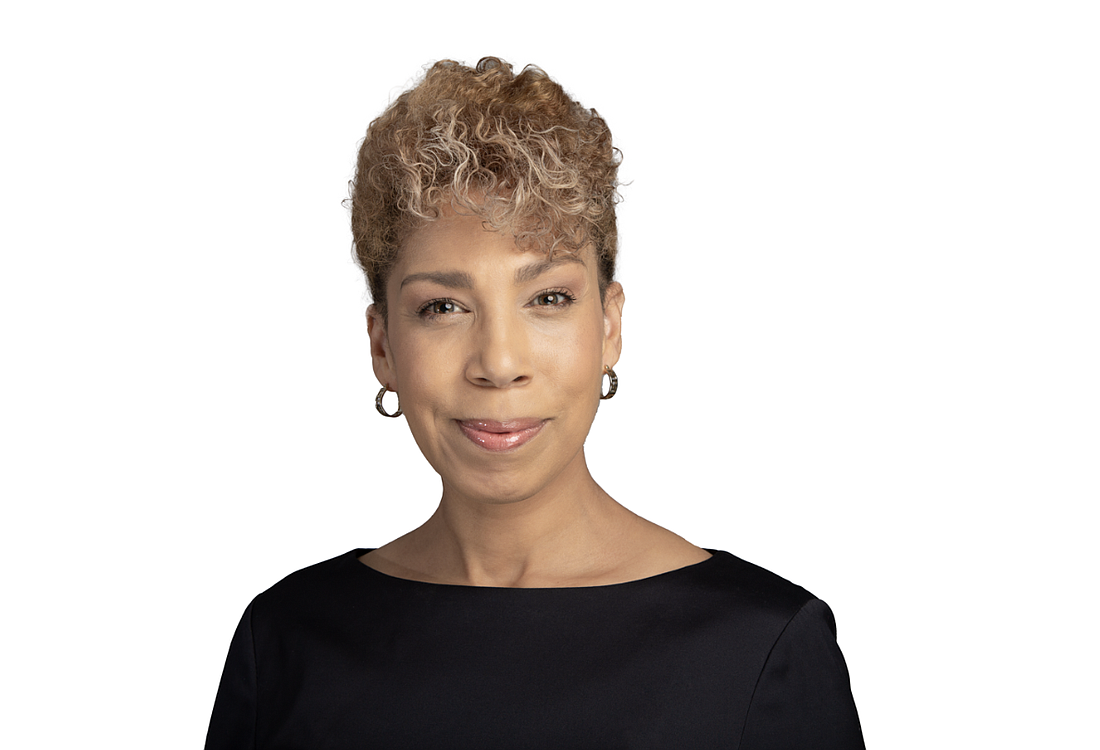- December 13, 2025
-
-
Loading

Loading

Polis Institute has been working in the east Winter Garden community since last fall to create and strengthen relationships and organize a large-scale collaboration plan for revitalizing the area.
The second Community Revitalization Network session was held April 26 with core revitalization stakeholders: city leaders, foundations, nonprofits, investors and the people living in east Winter Garden.
William Jefferson, director of community projects at Polis, said positive impacts already have been made on the east side. Polis has conducted extensive community canvassing and held a public dialogue series, youth sessions and outreach efforts in the eastside community.
Jefferson presented a survey conducted in the east side that asked residents how they felt about the “East Winter Garden” name and about renaming it. An overwhelming number of folks were neutral — 52% and 50%, respectively — regarding both issues, with 4% hating the name, 17% loving the name, 12% strongly disagreeing with renaming the community and 12% strongly agreeing with the renaming.
Polis shared several of the residents’ opinions: “I prefer Winter Garden over East Winter Garden,” “What’s changing the name going to do?” “The name is perfect the way it is,” “It should all be referred to as Winter Garden” and “It’s unimportant; there is other stuff to worry about.”
Winter Garden City Commissioner Mark Maciel, whose district includes the east Winter Garden community, reiterated the importance of keeping the lines of dialogue open.
“Communication is going to be the savior of this community,” he said.
City Manager Jon C. Williams gave an update on action taken by the city. This includes the city purchasing land and focusing on safety at the intersection of Tenth and Center streets. The city also has approved 30,000 square feet of space for retail and office tenants at the corner of Ninth and 11th streets, and officials are working with a developer to acquire more space for businesses.
Dr. Bahíyyah Maroon, a cultural anthropologist and CEO of Polis Institute, also shared information at the meeting. She provided a list of priority issues of concern to residents: economic mobility, housing, healthcare, education, safety, child care, mental well-being, career paths, social justice, transportation, food security, political representation, neighborhood infrastructure and environment.
Maroon asked participants to fill out a prompt based on a statement: “Five years from now the east Winter Garden community will …” The responses — which were made with each participating organization’s mission statement in mind — will help Polis set goals for the east side.
Participants discussed jobs and reducing and eliminating the generational cycle of poverty. The conversation included the importance of holding job fairs, finding jobs for people who need jobs, creating job opportunities, and offering resources for teaching skills for resume writing and interviewing.
MEETING SERIES
Sponsored by the city of Winter Garden and facilitated by Polis Institute, the Revitalization Network Series is a set of action-oriented events that give community leaders and agencies practical tools and steps that improve the community communication network to ensure all residents and all organizations have up-to-date information on activities, opportunities and services; establish shared goals that residents and organizations actively work toward together; and enhance a shared system of accountability so residents and organizations actively know what advances are being made in community revitalization and how everyone can best support the shared vision of a fully revitalized community.
The first meeting was held in September. Folks in attendance spoke about their organizations, and a master list was created.
“When we come and work with communities at Polis Institute … we want to leave communities better than when we came — and we leave the communities with all the capacity they need to lead themselves,” Maroon said.
Polis Institute’s goal is to “build economic and racial equity in cities across the nation,” and it gives “people who care about thriving diverse cities clear paths to build equity, equality and opportunity.”